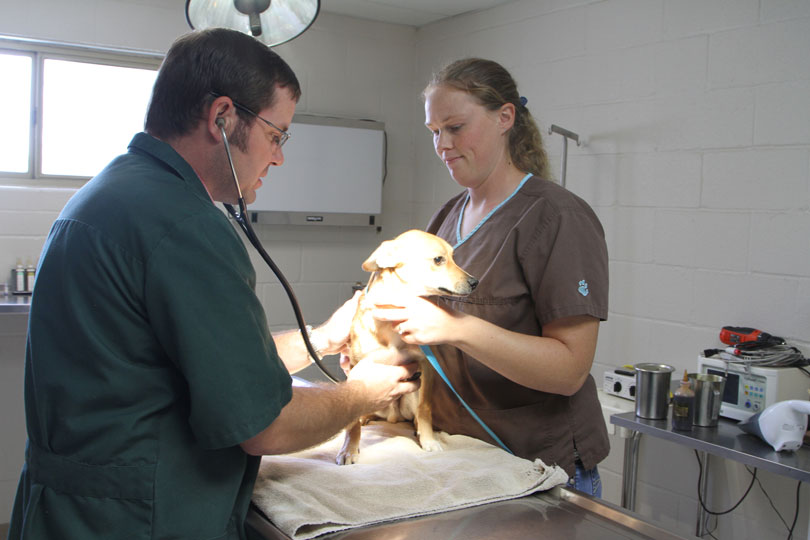By Jessica Domel
Multimedia Reporter
Veterinarians and animal groups are encouraging pet owners who use essential oils to double-check their products to ensure they’re not doing more harm than good.
According to the ASPCA Poison Control Center, essential oils have been used for years for a variety of reasons, but now that the oils are being diffused into the air, exposure to pets is becoming more of a concern.
“Essential oils are actually natural aromatic compounds that give plants their individual scents. The oils are extracted from plants and distilled. They are usually used in pets for repelling fleas and helping with separation anxiety,” Dr. Bob Judd, host of Texas Vet News on the Texas Farm Bureau (TFB) Radio Network, said.
The oils are hydrophobic, meaning they can be absorbed through the skin and mucus membranes like the nose. After the oils are absorbed, they are excreted unchanged or can be metabolized by the liver before being excreted.
Judd said whether or not the oils are toxic to pets depends on the oil and the level of exposure.
“Products containing essential oils such as fragrances, shampoos and medicinal products often contain one to 20 percent essential oils. However, some popular essential oils have recently been marketed with some concentrations as high as 100 percent,” Judd said. “Some pets are more sensitive to exposure with the oil on their skin due to their grooming habits.”
Rabbits, guinea pigs and hamsters are all sensitive to essential oils. Birds can suffer respiratory effects if they breathe the oils, according to Judd.
“It is best not to give or apply highly concentrated oils to pets. If a pet has an underlying respiratory issue, do not use oil diffusers in the home. Certainly don’t use diffusers if birds are in the home,” Judd said. “It is not a good idea to use oil diffusers in the same room with animals that groom themselves.”
According to the ASPCA, symptoms of health concerns related to essential oils include unsteadiness on the feet, depression and low body temperature in severe cases.
If an animal has ingested essential oils, it may vomit, have diarrhea and depression.
Judd encourages pet owners who witness these symptoms or suspect exposure to a potentially toxic substance to contact their veterinarian or the Animal Control Center at (888) 426-4435.

